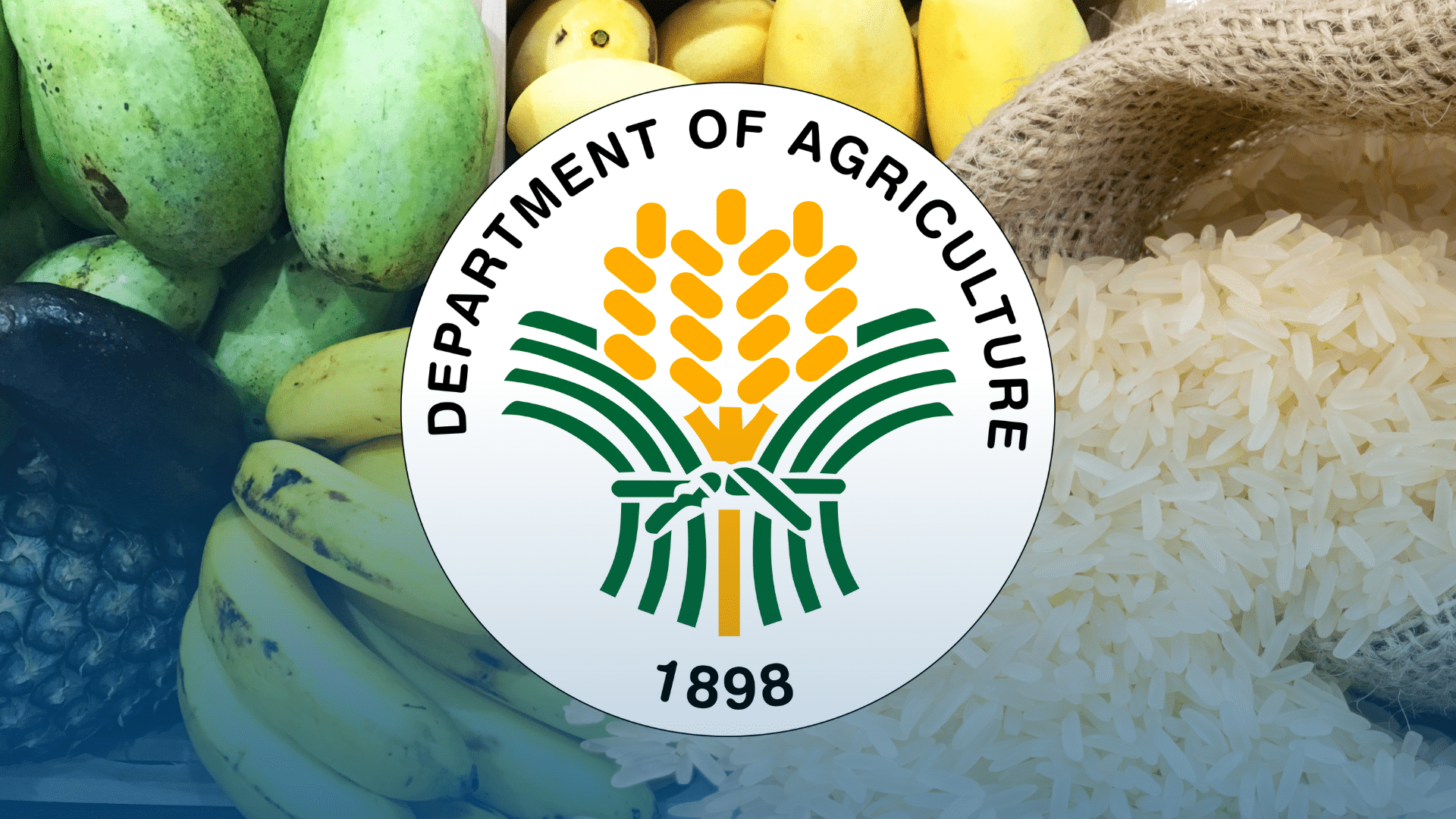
RICE tariffs could be further lowered to address rising prices of the staple and help ease inflation, Finance Secretary Ralph Recto said.
"You have to strike a balance between the farmers and the consumers," he told reporters on Monday at the sidelines of the Philippine Economic Briefing.
"It's better if it favors both sides ... [it] could be 20 percent."
President Ferdinand Marcos Jr. in December approved an extension of lower tariffs on rice, pork and corn to the end of this year as the country continues to grapple with inflation.
The most favored nation rate for rice currently stands at 35 percent.
Recto said that Marcos could issue a new executive order while Congress is on a break or decide on another extension of the existing directive.
"But I leave that to the Secretary of Agriculture. He should first discuss it with his constituencies, right? There needs to be a hearing for that," he added.
The Finance chief also reiterated his view that rice inflation — primary driver of the ongoing rise in consumer price growth — would decline moving forward given increased output and lower tariffs.
Inflation, earlier expected to top 4.0 percent in the second quarter, was a lower-than-expected 3.8 percent in April. Data for May will be released next week.
Asked to comment, Rizal Commercial Banking Corp. chief economist Michael Ricafort said that lowering tariffs would make rice imports cheaper and, hence, help ease overall inflation.
He warned, however, that it would also "lower farmgate prices for palay (unmilled rice) farmers due to greater competition from cheaper rice imports."
Agriculture Department officials were not immediately available for comment. The Federation of Free Farmers (FFF), however, said the move would make the country more dependent on rice imports.
"If the tariff is brought down further, there is no assurance that rice prices will go down proportionately, because experience shows that the importers, middlemen and retailers just pocket the savings," FFF national manager Raul Montemayor said.
Rice imports are already being underdeclared in value, he claimed, and lower tariffs will allow importers to again "get away with it."
"[As] our experience with RTL (Rice Tariffication Law) has shown, allowing cheaper imports does not bring down prices for consumers, penalizes farmers and benefits only the people in between," Montemayor continued.
He also said that lower tariffs would mean money for the Rice Competitiveness Enhancement Fund established under the RTL.
"This will further discourage our farmers from expanding their production and make the country even more dependent on imports," Montemayor said.
The FFF urged the government to focus on addressing issues related to middlemen "and not give them more incentives such as lower tariffs so that they can make even more money."
Read The Rest at :







